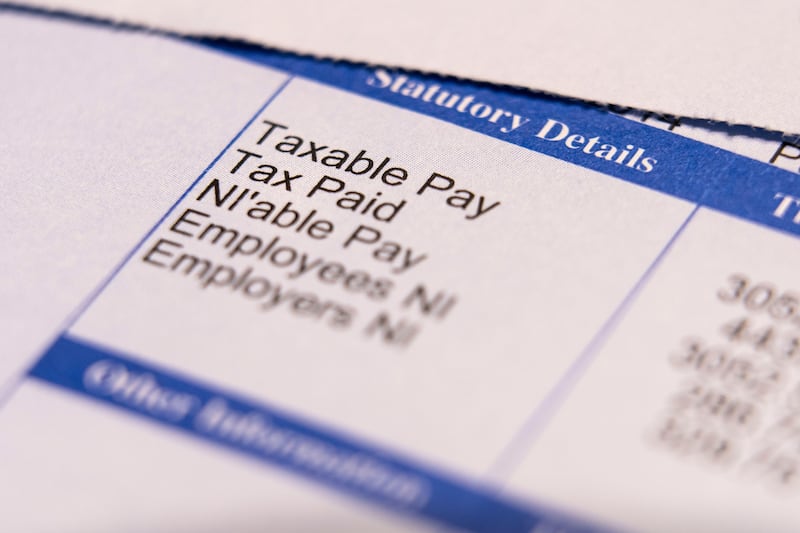THE number of payrolled jobs in the north hit another record high in February, but real-terms earnings continue to fall behind rocketing inflation, according to the latest official data.
February’s Northern Ireland labour market report showed 777,300 people registered as PAYE employees.
It was also the ninth consecutive month that HMRC’s PAYE count in the north topped pre-covid levels, while the Northern Ireland Statistics and Research Agency (NISRA) estimated the official unemployment rate fell to 2.7 per cent over the three months to January 2022.
But Mark Magill of the Ulster University Economic Policy Centre has said the growth in workforce numbers is being primarily boosted by the public sector, suggesting a full recovery remains some way off.
He said most other sectors remain below their pre-pandemic number, particularly when it comes to the self-employed.
Meanwhile, analysis of the latest wage data from the Office for National Statistics (ONS) shows middle-income families are feeling the impact of inflation.
Real-terms pay is declining at the fastest rate since 2014, falling by 1.6 per cent year-on-year when measured against consumer prices index (CPI).
The recent surge in fuel costs since the Russian invasion of Ukraine on February 24 is set to put even more pressure on incomes.
Despite the price of Brent Crude Oil falling over the past seven days from a peak of $128 per barrel to around $100 yesterday, fuel prices remain around 80 per cent up since February 24.
The Institute for Fiscal Studies (IFS) said while the minimum wage has boosted low earners’ wages, those in the middle income bracket or considered in ‘non-traditional employment’ have experienced “dire” earnings growth in recent times.
The IFS has claimed that workers born in the 1980s with median earnings now don’t earn any more than those born in the 1960s did at their age.
February’s Northern Ireland labour market report also showed the economic inactivity rate creeping up to 27.5 per cent.
And while the number of people claiming unemployment benefits fell again last month, the total number (39,600) is still 30 per cent above pre-covid levels.
The number of employers launching redundancy programmes has also crept up.
The Department for the Economy was notified of 210 proposed redundancies during February, the highest since July 2021.
Employers are only legally required to notify Stormont when cutting 20 or more jobs.
Investec economist Ellie Henderson said the jobs figures give the Bank of England's Monetary Policy Committee (MPC) further reason to raise rates from 0.5 per cent to 0.75 per cent on Thursday.







